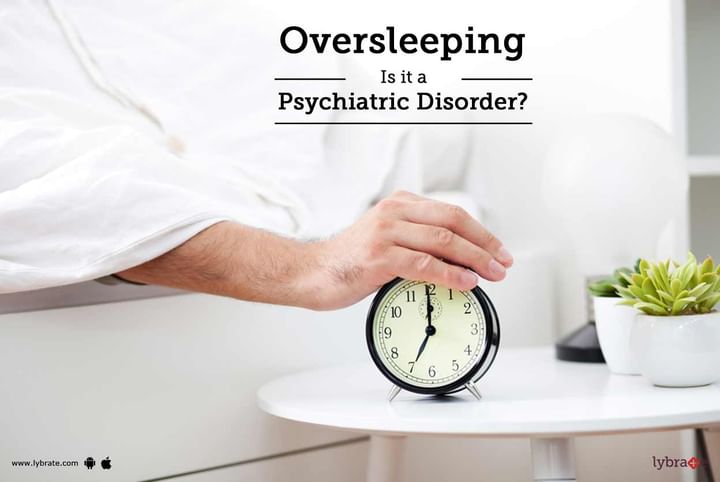Oversleeping - Is it a Psychiatric Disorder?
Hyper somnolence or hypersomnia is a condition that leads to constant daytime fatigue and drowsiness as well as prolonged night time sleeps. In this condition, the patient will usually go through repeated bouts of sleep, which he or she will not be able to resist without proper treatment and intervention. This condition makes patients take naps throughout the day even after a long and unhindered sleep throughout the night. Patterns of excessive drowsiness will begin to set in at the most inopportune times including meal times and even in the middle of a conversation. While there is no scientifically or medically proven cause for the onset of this ailment, it is known to affect adolescents more than adults. Read on to know more about the symptoms and treatment of this condition.
Symptoms: The patients suffering from this condition will experience a variety of other symptoms in addition to the constant state of drowsiness. These symptoms include anxiety, which may even go to a severe level if it is not treated properly and on time. Also, the patient may experience restlessness and a sense of increased irritation even in the most normal, everyday situations due to a perceived lack of sleep and constant state of drowsiness. Loss of appetite and hallucinations may also begin to plague patients who suffer from this condition on a chronic and prolonged basis without proper treatment. Slow thinking and slow speech are other symptoms that will start to set in with time as well.
Social Situations: In many social and personal situations, the patient may begin to lose basic functionality because of the constant urge to sleep. The patient’s interactions on a social platform may begin to deteriorate due to the lack of coherent thinking and speaking as well as the sense of irritability and restlessness displayed.
Medication: In most cases, it is best to go about this condition by treating the symptoms with medication prescribed by a doctor. The doctor may prescribe stimulant medication that will help in keeping the system awake for longer periods at a time. The doctor will also stress on the time of the day when these must be ingested so that nighttime sleep is not affected in any way. These medicines include amphetamines, which are usually prescribed for patients suffering from ADHD or attention deficit hyperactivity disorder. This medicine is usually given in controlled doses so as to keep the patient alert for longer periods of time. Other medicines include clonidine, antidepressants, bromocriptine, monoamine oxidase inhibitors, and levodopa.
Therapy: Behavioural therapy is also known to make a marked difference in such cases, which helps in regulating and normalizing sleep patterns. If you wish to discuss any specific problem. In case you have a concern or query you can always consult Psychiatrist in Delhi & get answers to your questions!



+1.svg)
